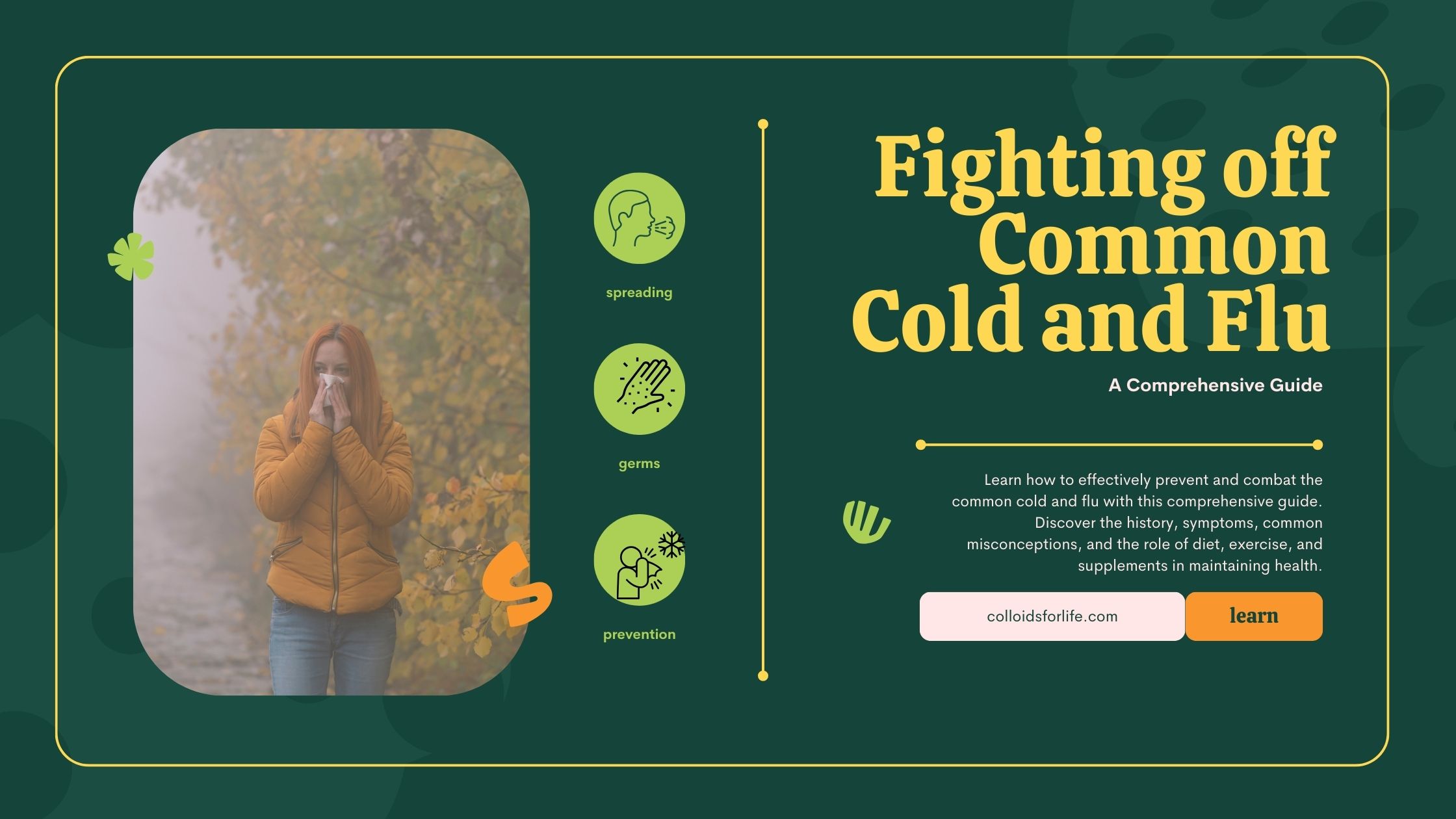
ou probably associate melatonin as a sleep aid, as it’s well-known for regulating our circadian rhythms, telling us when to go to sleep. However, melatonin may also be useful in the treatment and prevention of many common diseases and aging. In fact, it’s a pretty powerful antioxidant.
First, Melatonin As A Sleep Aid
Insomnia affects millions of people, and there are numerous natural ways to improve sleep, one of which is ensuring your room is dark and turning off electronic devices well before bed. Darkness stimulates the pineal gland to produce melatonin.
If you aren’t experiencing regular light/dark cycles, your circadian rhythms might be off, causing insomnia and frustration. Taking melatonin as a dietary supplement can help restore your circadian rhythm, but it’s always best to balance treatment with lifestyle changes (like turning off lights).
But Melatonin Is So Much More...
Sleeping in the dark is not just about preventing insomnia. Some evidence indicates that women who sleep in rooms with ambient light are more likely to develop breast cancer, possibly due to reduced melatonin production (inhibited by light). Why? Melatonin’s role as an antioxidant includes protecting nuclear and mitochondrial DNA, reducing carcinogens in the body and lowering cancer risk.
Melatonin may also play a significant role in protecting heart and brain health by reducing inflammation. It has been associated with benefits for various conditions:
- Autism: Low melatonin levels are common in autism. While this is likely a symptom, some believe supplementing with melatonin can be beneficial.
- Migraines: Migraine sufferers may find relief with melatonin supplementation.
The Multifaceted Benefits of Melatonin
1. Sleep Regulation:
- Primary Function: Melatonin helps regulate your body's internal clock, making it easier to fall asleep and wake up at the desired times.
- Circadian Rhythm: It is particularly beneficial for those with disrupted sleep patterns, such as shift workers or individuals experiencing jet lag.
2. Antioxidant Properties:
- Free Radical Scavenger: Melatonin is a powerful antioxidant that helps neutralize harmful free radicals in the body, protecting cells from oxidative stress and damage.
- Cell Protection: Its antioxidant capabilities extend to protecting vital tissues and organs, contributing to overall health.
3. Immune System Support:
- Boosts Immunity: Melatonin helps enhance the immune system, making it more effective in fighting off infections and diseases.
- Anti-inflammatory: It has anti-inflammatory properties that can help reduce inflammation throughout the body, promoting better health.
4. Mood Regulation:
- Mental Health: Melatonin influences mood and emotional well-being. Proper melatonin levels are associated with reduced symptoms of depression and anxiety.
- Stress Reduction: It helps mitigate the effects of stress, contributing to a calmer and more balanced mood.
5. Hormonal Balance:
- Hormone Regulation: Melatonin plays a role in regulating other hormones in the body, supporting reproductive health and metabolic processes.
- Menstrual Cycle: It can help regulate the menstrual cycle in women, contributing to reproductive health.
6. Cardiovascular Health:
- Heart Health: Melatonin has been shown to support cardiovascular health by helping regulate blood pressure and reducing the risk of heart-related issues.
7. Digestive Health:
- Gut Health: Melatonin receptors are found in the gastrointestinal tract, where it helps regulate digestive processes and maintain gut health.
Melatonin Plays A Role In Immune Defense
Melatonin isn’t just produced by your pineal gland to stimulate sleep—it’s also produced by bone marrow and lymphocytes. Lymphocytes, an important part of the immune system, show that melatonin plays a crucial role in immune response (especially when taken with calcium!).
When not stimulating your brain for sleep, melatonin roams the bloodstream as an antioxidant, preventing the release of free radicals into the body. It may even be useful for people with autoimmune disorders, though this is still under debate. Some research indicates that melatonin can stimulate the immune system positively without triggering autoimmune reactions, while others caution against any stimulation of the immune system in these individuals.
Can I Get Melatonin From My Diet?
While melatonin is found in many foods, including cherries and rice, studies show that dietary melatonin does not significantly increase melatonin levels in the bloodstream. Therefore, it’s best to get melatonin from supplements designed for optimal absorption.
Why Should I Take Melatonin?
Besides the numerous potential health benefits, melatonin production decreases with age. It’s a common misconception that older people need less sleep; often, they sleep less because they produce less melatonin.
Beyond its role as an antioxidant, melatonin is essential for sleep, which is crucial for body rejuvenation: rebuilding damaged cells, recharging the brain, and more. Lack of sleep can lead to many problems, including accelerated aging.
What Else Should I Know?
Most potential health benefits of melatonin are still being researched, and science may update its understanding of melatonin’s effects on heart and brain health, cancer prevention, and other benefits. More human testing is needed to confirm many of the purported benefits.
However, melatonin appears promising. It is safe up to 100-200 mg daily, which is a high dosage, and can be taken safely on a short-term basis. Long-term safety is still being studied, but anecdotally, it seems safe.
Side effects of melatonin appear to be minimal to non-existent. However, women trying to get pregnant should avoid melatonin, as it may interfere with hormone levels.
Supplements:
- Nite MGR: This Welltrient supplement includes melatonin, supporting better sleep and overall health. It works synergistically with other nutrients for optimal absorption and effectiveness.
Natural Sources:
- Foods Rich in Melatonin: Include foods like cherries, tomatoes, and walnuts in your diet to boost natural melatonin levels.









